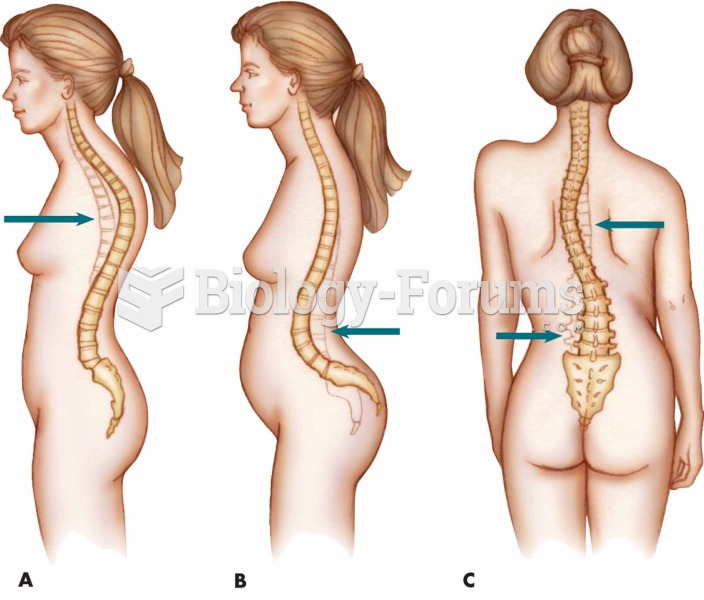The nursing is talking with the caregiver of a 13 year old diagnosed with scoliosis. The child has come to the clinic to be fitted with a brace to begin her treatment.
The child appears upset and angry and states, I hate this brace; I hate it already. In an effort to support this child, which of the following statements would be the most appropriate for the nurse to make to this child's caregiver?
A) Remind your child that her spine needs to be corrected to keep her whole musculoskeletal system healthy for a long, long time.
B) Take your daughter to an oncology floor for a few minutes so she can see children who are much sicker than she is.
C) If you can afford it, let your daughter choose an article or two of clothing that she can wear with the brace that will help her feel that she looks good.
D) Children her age often withdraw during stressful times; let her have some time alone to think about the situation and to get used to the brace.
Question 2
Sixteen-year-old Bettina has been hospitalized 100 miles from home for a week. She is recovering from surgery to repair a broken kneecap, an injury incurred while skateboarding.
She was cheerful and chatty when she first arrived, but the nurse notes in recent days she has become increasingly quiet and seems lonely. Which of the following nursing interventions would be most appropriate for Bettina? The nurse should:
A) call the hospital's mental health unit to see if Bettina can get some counseling.
B) show Bettina where the teen lounge in the hospital is so she can meet other teens, use a phone, and check her e-mail.
C) suggest that she read books and magazines from the hospital bookmobile.
D) ask Bettina's caregivers to bring her siblings and friends to visit.







